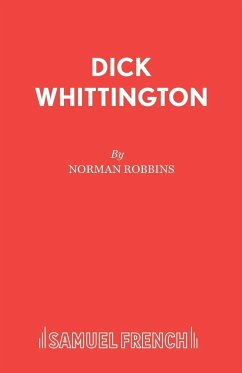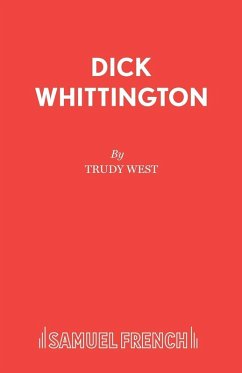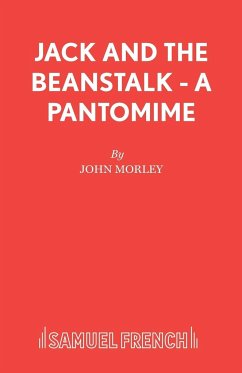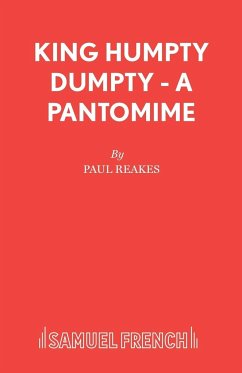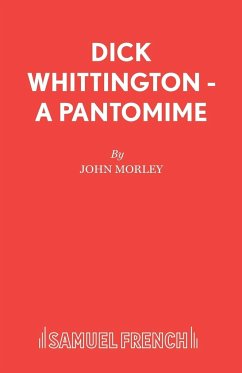
Dick Whittington - A Pantomime
Versandkostenfrei!
Versandfertig in 1-2 Wochen
18,99 €
inkl. MwSt.

PAYBACK Punkte
9 °P sammeln!
This sparkling and fun filled version of the traditional tale of Dick Whittington is delightfully brought to life by the pantomine specialist John Morley. All the favorite characters are here - Tommy the Cat, Alice Fitzwarren, Sarah the Cook, King Rat, the Fairy of the Bells, and of course, Dick Whittington himself. The pantomime offers scope for lavish production but, if required, the staging can be very simple without in any way spoiling either the comedy routines or the telling of the famous story.-Large flexible cast






